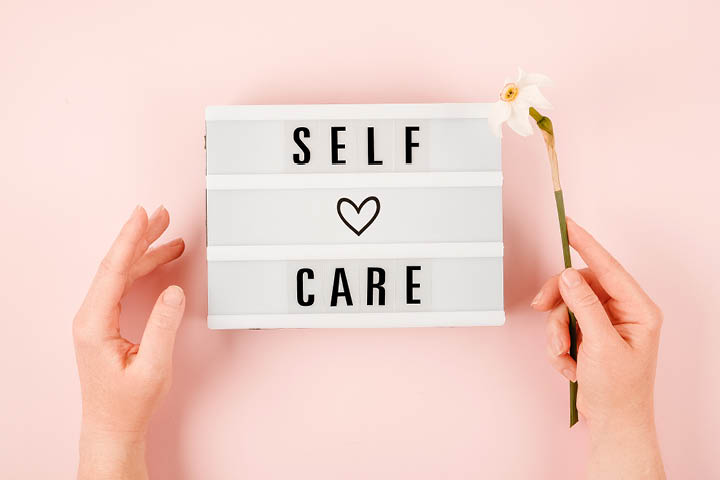
Addiction doesn’t discriminate. It impacts women from all walks of life, regardless of age, background, or circumstance. But the conversation around addiction is shifting, and more women are bravely stepping forward to share their stories and seek help.
This journey isn’t easy, but it’s possible. Understanding the unique challenges women face in addiction and recovery is the first step toward lasting change.
The Unique Face of Women’s Addiction

Women’s addiction often looks different from men’s. Many factors, like hormonal changes, mental health issues, and societal pressures, can influence how addiction manifests in women. Women are more likely to experience co-occurring disorders, like anxiety and depression, alongside substance abuse.
Women often turn to substances as a way to cope with trauma, stress, or emotional pain. The pressures of balancing work, family, and societal expectations frequently lead to feelings of inadequacy and overwhelm, making substances a tempting escape. Recognizing these patterns is essential to addressing the root causes of addiction and developing effective treatment plans.
Embracing Holistic Health in Recovery
Holistic health is the future of recovery. This approach considers the whole person—mind, body, and spirit—rather than just treating the symptoms of addiction. Holistic treatments can include a variety of therapies, like yoga and acupuncture, along with nutrition counseling. These practices help women reconnect with themselves and build a foundation for long-term health.
Physical health plays a significant role in recovery. Regular exercise, a balanced diet, and adequate sleep can improve mood, reduce stress, and enhance overall well-being. Mental health is equally important; addressing underlying issues like trauma or anxiety can prevent relapse and support sustained recovery. Spiritual practices, whether religious or not, can also provide comfort and a sense of purpose.
Navigating Treatment Options

Choosing the right treatment program is crucial for successful recovery. With so many options available, it’s important to find a program that fits your unique needs.
Residential treatment centers offer immersive environments where you can focus entirely on recovery without external distractions. Outpatient programs, on the other hand, allow you to maintain your daily responsibilities while receiving support.
Therapy is a cornerstone of addiction treatment. Cognitive-behavioral therapy (CBT) helps you identify and change negative thought patterns, while dialectical behavior therapy (DBT) focuses on emotional regulation and interpersonal skills. Group therapy offers community as well as shared experiences, reducing feelings of isolation.
It’s also beneficial to look for programs that offer specialized services for women, such as trauma-informed care and parenting support. These programs understand the unique challenges women face and tailor their approaches accordingly.
The Role of Self-Care in Recovery

Taking the time to nurture yourself physically and mentally can strengthen your resilience and support your sobriety. Self-care can look different for each woman, but it can include activities like journaling, spending time in nature, or enjoying a relaxing bath.
Setting clear and strong boundaries is an essential aspect of self-care. Learning to say no and prioritize your well-being helps prevent burnout and reduces stress. Surrounding yourself with positive influences and removing toxic relationships can also create a healthier environment for your recovery.
Celebrating your achievements, no matter how small, is a powerful way to reinforce your progress. Acknowledge your hard work and take pride in your accomplishments. Recovery is a hard journey, and every step forward is worth recognizing.
Supporting Mothers in Recovery
If you’re a woman with kids struggling with addiction, the challenges can feel overwhelming. But there is hope and help available. Finding a rehab for mothers can be a game-changer in your recovery. These programs understand the special needs of mothers and provide specialized support to help them heal while learning to care for their children.
These facilities often offer parenting classes, family therapy, and skills training to help you build a stable and healthy home environment. They also provide a supportive community of other mothers who understand your struggles and can offer encouragement and advice.
Recovery as a mother requires balancing your own needs with those of your children. It’s important to take care of yourself so you can be the best parent possible. Seeking help isn’t a sign of weakness; it’s a courageous step toward a better future for you and your family.
Aftercare and Relapse Prevention

Recovery doesn’t end when you leave a treatment program. Aftercare is a crucial part of maintaining sobriety and preventing relapse. This can include ongoing therapy, support groups, and regular check-ins with a counselor or therapist.
Building a strong aftercare plan helps you navigate the struggles and difficulties of daily life while staying committed to your recovery goals.
Staying connected to a support network is essential. Regular participation in support groups, like Alcoholics Anonymous or Narcotics Anonymous, can provide ongoing encouragement and accountability.
These groups offer a space where you can share the challenges and successes with others who understand your journey.
Developing healthy coping strategies is another key component of aftercare. Identifying triggers and learning how to manage stress, anxiety, and other emotions without turning to substances is vital for long-term recovery. Mindfulness practices, hobbies, and physical activity can all play a role in building a balanced and fulfilling life.
Moving Forward with Strength
Addiction recovery is a challenging but rewarding journey. For women, understanding the unique aspects of their experiences and seeking tailored support can make all the difference. By embracing holistic health, building strong support networks, and prioritizing self-care, women can overcome addiction and build a healthier, happier future.
Remember, you’re not alone in this journey. Reach out, seek support, and take each step with courage and determination. Your path to recovery is possible, and your strength can inspire others.








